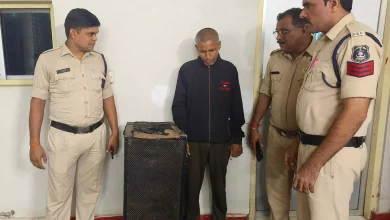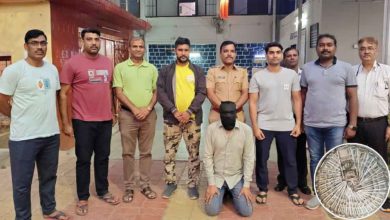Kerala releases special guidelines for prevention of brain fever, first in India

THIRUVANANTHAPURAM: Health Minister Veena George said the government has issued special guidelines for the state regarding amoebic meningoencephalitis (brain fever). A technical guideline on the prevention, diagnosis and treatment of amoebic meningoencephalitis has been issued.
There are very few scientific studies and study results about this rare disease. It is in this situation that the state has decided to prepare a comprehensive guideline based on the existing scientific studies and observations on its own. A panel will be appointed in collaboration with the ICMR for further study and research. The minister also directed that government and private hospitals should strictly follow these guidelines.Amoebic meningoencephalitis is a rare disease that occurs in people who come in contact with standing or running water sources. It is indicated that only one in 26 lakh people who come in contact with such water gets the disease.
The disease usually occurs when Naegleria fowleri, a type of amoeba, infects the brain. This disease is not transmitted from human to human.Amoeba enters the brain through rare openings in the thin membrane that separates the nose from the brain or through a hole in the eardrum and causes meningoencephalitis. It is a disease with a mortality rate of over 97%.Amoeba increases and becomes more common during summer when the water level decreases. When the amoeba enters the water, it mixes with the sediment in the bottom and enters the body through the nose. Symptoms appear within one to nine days of infection.Diagnosis is made by taking fluid from the spinal cord and testing it. The disease is confirmed by PCR test. Treatment is with a combination of five drugs known to be effective against amoeba.
The disease can be cured in those who start giving medicines as soon as possible.Therefore, medicines should be given as soon as symptoms start. It can reduce the death rate. Children with pus in their ears should not bathe in ponds, stagnant water, etc. Bathing in stagnant water and diving in water should be avoided as much as possible. Water in water theme parks and swimming pools should be properly chlorinated to ensure that it is clean. Do not pour water into the nose. Use a nasal clip so that water does not enter your nose.The primary symptoms are severe headache, fever, nausea, vomiting and difficulty in turning the neck. When it reaches a critical condition, symptoms like epilepsy, fainting and memory loss also occur. The minister suggested that people who bathe in stagnant water should seek treatment if they see symptoms of this disease.





